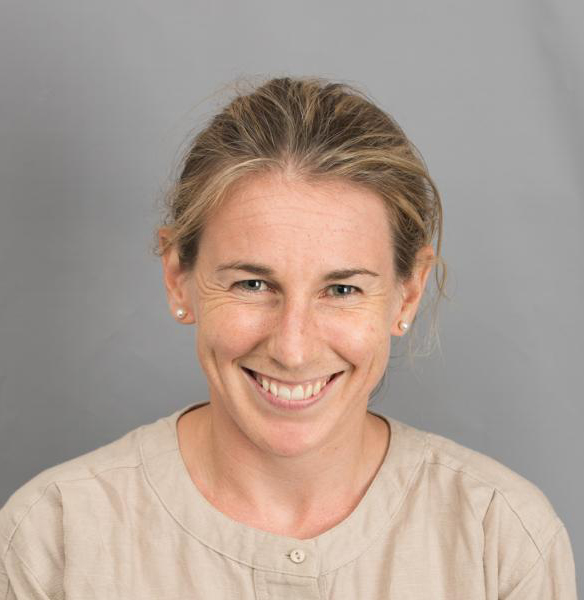
PROJECT SUMMARY:
Amyotrophic Lateral Sclerosis (ALS) is a rapidly progressing neurodegenerative disease whereby 50% of cases die within 3 years. Diagnosis involves a clinical examination with a questionnaire-based scale (ALSFRS-R) and a nerve conduction test. The process from symptom presentation to diagnosis can take an average of 12 months and there is a critical need for an objective and economical test to detect ALS.
We have initiated an innovative project, together with collaborators at the University of California, San Francisco (USA, CI: Zaitlen) to investigate cell-free DNA (cfDNA) in ALS. CfDNA is DNA that enters the bloodstream when cells die. It can be measured economically and is being actively used in the prenatal diagnostic and cancer fields to provide direction about treatment and health. Recent work has now demonstrated that cfDNA (detectable when there is cell death) can be mapped back to its tissue-of-origin that is relevant to known disease processes. In preliminary studies, we have found that ALS cases have greater amounts of cfDNA than controls to suggest an increase in cell death is occurring. Now we propose to collect ALS disease mimics and carry out qualitative analysis to help identify an ALS specific cfDNA profile. We hypothesize that the sequencing of cfDNA in ALS cases and controls will show a distinct profile such as neuron and muscle cell death, and this signal could address the ALS biomarker dilemma that currently exists.
Our primary objective is to translate this research into a clinical tool for diagnosis and tracking in ALS. Our project proposal will allow us to continue to test if cfDNA is viable and robust to detect ALS in a larger number of individuals. Identifying if cfDNA is correlated with the primary mechanism of disease and disease progression could offer a minimally invasive, efficient and economical means for diagnosis, disease monitoring, and assessment of response to therapeutic treatment – none of which currently exist for ALS patients.
RESEARCH OUTCOME:
Thanks to initial funding support from the Brain Foundation, we have been able to progress our preliminary idea, results and methods to determine if a unique profile of cfDNA in ALS patients can identify and track disease. Our methods were to profile cfDNA, predict that cfDNA in blood originates from a variety of tissue/cell-types, and that it may consist of a higher proportion from skeletal muscle in ALS cases compared to controls (with small numbers of samples analysed using an unbiased, whole-genome approach). The methods and preliminary findings have been made publicly available (bioRxiv/Github) and are now peer-reviewed in a wellregarded genomics journal Nature Communications. Assoc. Prof Zaitlen and his team at the University of California are now preparing an efficient, high-throughput capture to
profile the tissue-informative regions of the genome. This will allow us to efficiently profile a large number of ALS samples, alongside other neurological cases and controls for sensitivity testing and further profile refinement. This is running across two international clinics, here at UQ and in parallel at UCSF, to ensure the methods and techniques are robust. We are excited that the project has now been rapidly increased in size with subsequent funding received from FightMND to support the additional sample collections and profiling for outcomes to be produced by 2022-end. We look forward to sharing these results with the community and very much hope that this will make significant inroads into improving the diagnosis and tracking of those with ALS.



 The Brain Foundation is the largest, independent funder of brain and spinal injury research in Australia. We believe research is the pathway to recovery.
The Brain Foundation is the largest, independent funder of brain and spinal injury research in Australia. We believe research is the pathway to recovery.